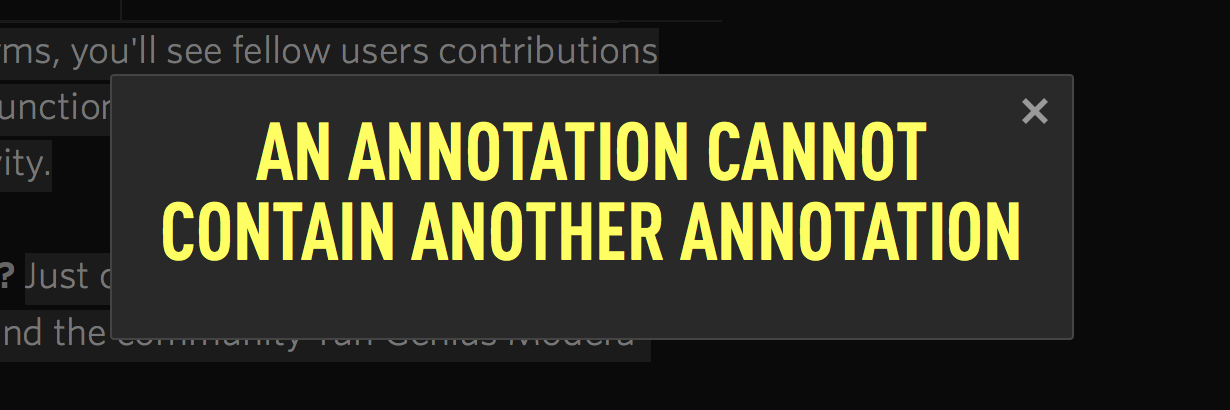Glad this was mentioned.
To the Eric Raymonds of this world, such a response sounds “perfectly legitimate”. But it’s precisely what can differentiate communities and make one more welcoming than the other.
Case in point: Arduino-related forums, in contrast with the Raspberry Pi community.
Was looking for information about building a device to track knee movement. Noticed that “goniometer” was the technical term for that kind of device, measuring an angle (say, in physiotherapy). Ended up on this page, where someone had asked a legitimate question about Arduino and goniometers.
First, the question:
Trying to make a goniometer using imu (gy-85). Hoe do I aquire data from the imu using the arduino? How do I code the data acquisition? Are there any tutorials avaible online? Thanks =)
Maybe it wouldn’t pass the Raymond test for “smart questions”, but it’s easy to understand and a straight answer could help others (e.g., me).
Now, the answer:
For me, google found 87,000,000 hits for gy-85. I wonder why it failed for you.
Wow. Just, wow.
Then, on the key part of the question (the goniometer):
No idea what that is or why I should have to google it for you.
While this one aborted Q&A is enough to put somebody off Arduino forever, it’s just an example among many. Like Stack Overflow, Quora, and geek hideouts, Arduino-related forums are filled with these kinds of snarky comments about #LMGTFY.
Contrast this with the Raspberry Pi. Liz Upton said it best in a recent interview (ca. 25:30):
People find it difficult to remember that sometimes when somebody comes along… and appears to be “not thinking very hard”, it could well be because they’re ten years old.
And we understand (from the context and such) that it’s about appearance (not about “not thinking clearly”). It’s also not really about age.
So, imagine this scenario. You’re teacher a class, seminar, workshop… Someone asks a question about using data from a device to make it into a goniometer. What’s the most appropriate strategy? Sure, you might ask the person to look for some of that information online. But there are ways to do so which are much more effective than the offputting ’tude behind #LMGTFY. Assuming they do search for that kind of information, you might want to help them dig through the massive results to find something usable, which is a remarkably difficult task which is misunderstood by someone who answer questions about goniometers without knowing the least thing about them.
The situation also applies to the notion that a question which has already been asked isn’t a legitimate question. A teacher adopting this notion would probably have a very difficult time teaching anyone who’s not in extremely narrow a field. (Those teachers do exist, but they complain bitterly about their job.)
Further, the same logic applies to the pedantry of correcting others. Despite the fact that English-speakers’ language ideology allows for a lot of non-normative speech, the kind of online #WordRage which leads to the creation of “language police” bots is more than a mere annoyance.
Notice the name of this Twitter account (and the profile of the account which “liked” this tweet).
Lots of insight from @BiellaColeman on people who do things “for the lulz”. Her work is becoming increasingly relevant to thoughtful dialogue on annotations.
